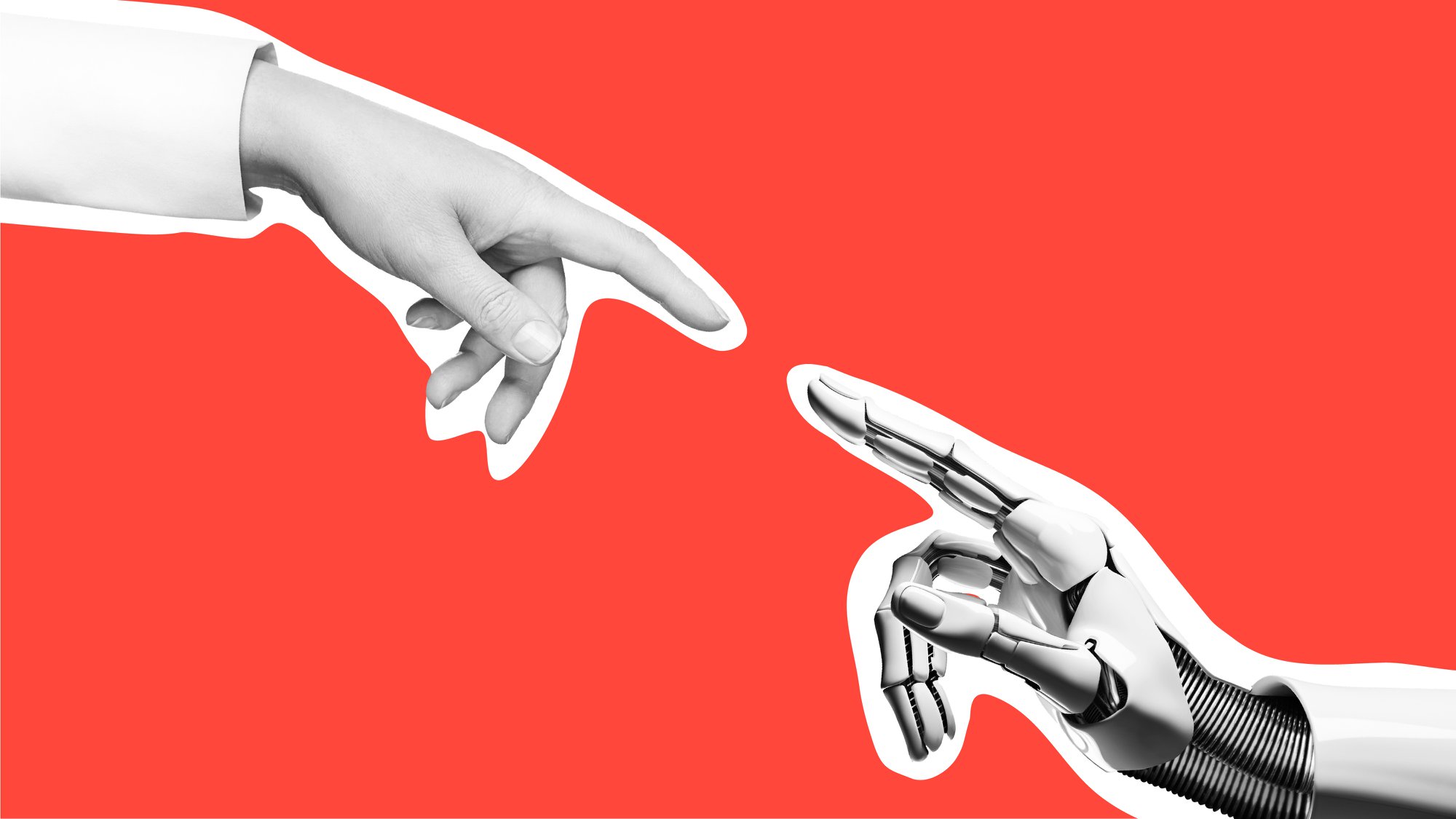How to change the employee experience to engage Generation Z

The Generation Z workforce are coming, and they are a more diverse set of employees looking for different experiences and have a different attitude towards the workplace. We look at how businesses need to change the employee experience and the employer offer to make the most of their arrival.
The Generation Z workforce are coming, and they are a more diverse set of employees looking for different experiences and have a different attitude towards the workplace. Attitudes are changing fast as political and social upheaval challenges norms. Today’s Generation Z barely remember the global financial crash of 2008, and yet they have lived with the consequences of that event and have watched their parents struggle with its fall out. They have lived in a world where the office of the President of the United States has been held by a black man and where the office of Chancellor of Germany has been held by a woman for over a decade. The grip of the white middle-class man might still be strong, but it has been challenged.
And make no mistake, they are coming: 61 million Gen Zers are about to enter the US workforce and radically change it forever.
I think there are 3 things employers can do to engage with Generation Z:
- Embrace diversity
- Be responsible
- Show some loyalty
This weekend I attended the Pride festival in Brighton. It’s a festival I have watched grow with pride since 1992 (although the roots of Brighton Pride can be traced back to 1972). In roasting hot temperatures, people of all ages, gender and cultures mixed to celebrate the right to, well, just be you. And this trend is not just restricted to a Brighton bubble. A third of those in Western nations under the age of 22 identify as non-heterosexual, according to a report released by Ipsos Mori in July.

This is going to have very real implications for employers. They simply cannot afford not to embrace diversity and inclusion in the workplace, and not in some glib fashion. Celebrating national diversity week is important, but of far greater importance is the need to manage pools of talent that reflect the diverse culture of the world; ensuring leaders who are diversity immigrants (well, we had digital immigrants) understand the workings of their own brains. We need employers that invest in the education of employees that will not have been afforded the same opportunities as others due to social exclusion; and we need internal communications that is written by a profession that is not predominantly white and middle class. It’s actions like that which will demonstrate diversity and appeal to the emerging Generation Z.
As Ant Coombes observes in his blog on Designing for Gen Z, a sense of social purpose is important. Gen Z don’t just want a job, they also want a feeling of fulfilment in their career, and that is becoming more apparent in their attitudes towards environmental sustainability where Gen Z are more environmentally conscious than the millennials who preceded them. Already, millennials were placing importance on a brand’s purpose – as stated in The Team’s book ‘How Good is your Brand Purpose?’ Almost nine in 10 (87%) millennials (who reached young adulthood around the year 2000) believe the success of a business should be measured by more than just its financial impact.
Employers need to recognise this; to demonstrate how their products and services; how their internal processes, systems and attitudes towards resources and materials, are responsible. They need to invest in Voice over IP (VOIP) services to enable employees to not only seamlessly connect, but to work from home – to avoid adding to the congestion headed into the city – and they need to be explicit about this. They need to invest in health programmes – encourage fitness at work; healthy sourced food. All this matters. An estimated 37% of Gen Z say they will consider an employer’s environmental responsibility when considering a job.
As an industry we have banged on about the gig economy and how the long-term employment contract has been dying for a long time. I think that’s a convenient badge for employers that wish to cut costs to hide behind. Yes, it’s true that Gen Z does want to work across borders, remove bureaucracy and work collaboratively. Research undertaken by the likes of Deloitte supports this and forward-thinking employers like Photobox have embraced this with the design of their work spaces. As their CEO Jody Ford says: “One of the most important things has been creating flexible spaces where people can collaborate across teams. We now employ the ‘squad model’ by putting together cross-department teams of five to ten people who work towards a specific goal.”
These ways of working are essential, and will become expected by Generation Z. But the bigger question is what employers will do to sow commitment towards the futures of their employees. Bringing in collaborative and flexible working; encouraging employees to experience more in their careers, that’s great, but what will they do to show commitment towards their futures? How will they promote healthcare; savings; more robust share options – even long-term trusts – to help Gen Z secure a home, start a family and save for retirement? That all sounds very conservative, but Gen Z are conservative. They may want to embrace the new at home, but they are conservative at home.





